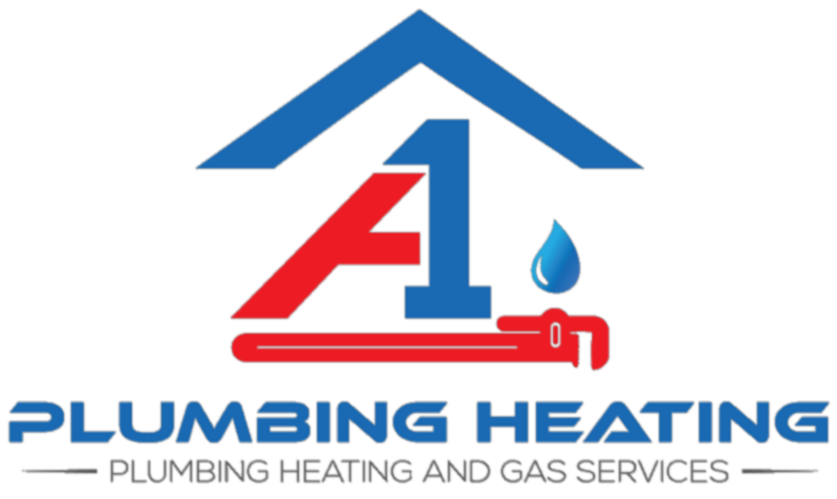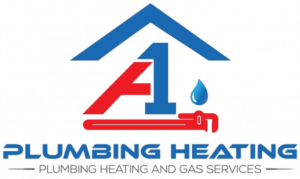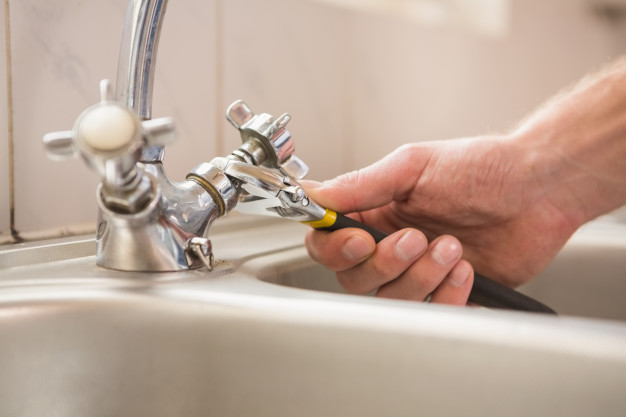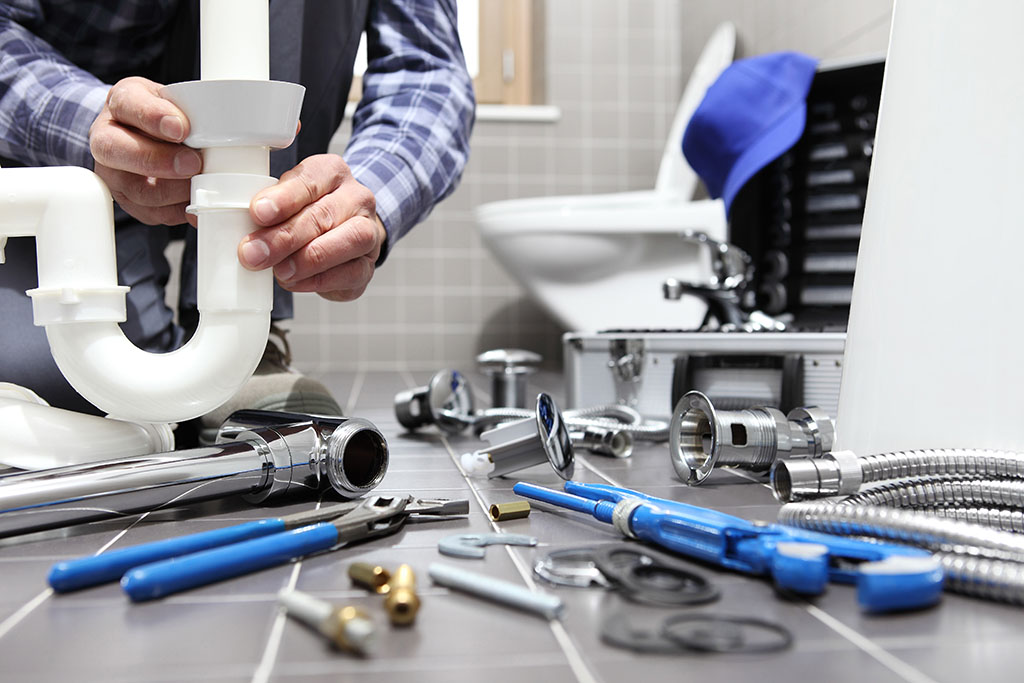Introduction
Clogged drains are a common plumbing issue that can disrupt your daily life and lead to costly repairs if left unattended. If you’re a Bristol resident facing the frustration of slow-draining sinks or foul odors emanating from your drains, this article is for you. We’ll delve into the causes of clogged drains and explore effective solutions to keep your plumbing system flowing smoothly.
Common Causes of Clogged Drains
1. Hair and Soap Residue
Hair and soap scum can accumulate over time, forming stubborn clogs in bathroom drains. Hair wraps around other debris, creating a barrier that slows water flow.
2. Food Waste
In the kitchen, food particles, grease, and cooking oil often find their way down the drain. These substances can congeal and block pipes, leading to drainage issues.
3. Foreign Objects
Small objects, such as jewelry, toys, or toiletry items, may accidentally fall into drains and become lodged, causing blockages.
4. Tree Root Infiltration
In some cases, tree roots can infiltrate underground sewer lines, causing severe blockages. This issue may require professional intervention.
Preventing Clogged Drains
1. Use Drain Guards
Install drain guards in sinks and showers to catch hair and debris. Regularly clean and dispose of the collected waste.
2. Dispose of Grease Properly
Avoid pouring grease or cooking oil down the drain. Instead, allow them to cool and dispose of them in the trash.
3. Flush with Hot Water
Routinely flush drains with hot water to melt and dislodge buildup. Follow up with a mixture of baking soda and vinegar for added cleaning power.
4. Regular Maintenance
Consider scheduling routine drain inspections and cleaning with a professional plumber. Preventive maintenance can help identify and address potential issues before they become major problems.
DIY Solutions for Clogged Drains
1. Boiling Water
Pouring boiling water down a clogged drain can often dissolve and dislodge minor blockages. Be cautious with PVC pipes, as boiling water can damage them.
2. Plunger
A plunger can be effective in clearing clogs in sinks and toilets. Ensure a tight seal and use vigorous plunging motions.
3. Baking Soda and Vinegar
Create a natural drain cleaner by mixing baking soda and vinegar. Pour it down the drain, let it fizz, and follow with hot water. This can help break down organic matter.
4. Wire Hanger
Straighten a wire hanger and create a small hook at one end. Insert it into the drain and use it to pull out hair and debris.
When to Seek Professional Help
While DIY methods can resolve minor clogs, persistent or severe blockages require professional attention. Signs that it’s time to call a Bristol plumber include:
- Slow drainage that doesn’t improve with DIY efforts.
- Multiple clogged drains in your home.
- Foul odors emanating from drains.
- Gurgling sounds from drains or toilets.
Conclusion
Clogged drains in Bristol can be a nuisance, but with proper prevention and maintenance, you can minimize the risk of blockages. If you encounter persistent clogs or suspect a more significant issue, don’t hesitate to reach out to a professional plumber in Bristol. Taking prompt action can save you from costly repairs and ensure your plumbing system functions smoothly.



